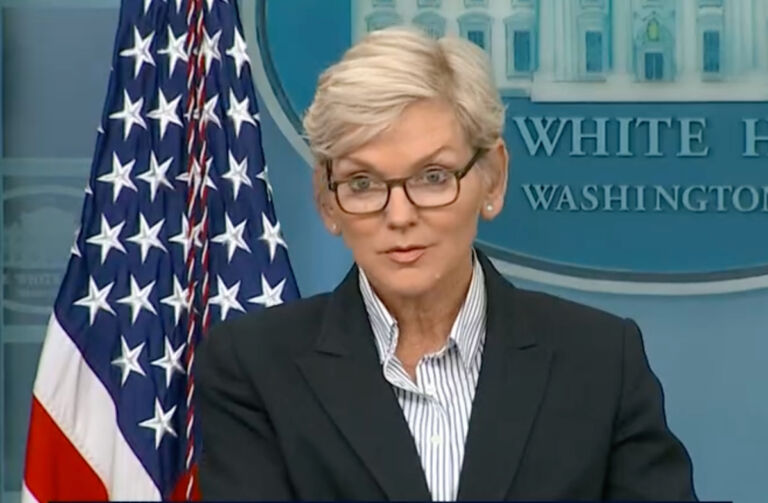Sarah Bedford writes for the Washington Examiner about a key challenge for the Biden administration’s climate priorities.
President Joe Biden wants to overhaul the Pentagon’s infrastructure to go green within the next few decades.
Those goals could be difficult and costly to make reality.
The Defense Department requested more than $5 billion for climate policies in its budget for the next fiscal year, a major increase from the $3 billion it asked for the previous year.
Much of that money was slated to go toward updating military bases and facilities around the world with clean energy technology and adapting them to what the Pentagon predicts will be future damage from climate change.
At least $100 million would be set aside to “incorporate climate risks into wargames, exercises, and other planning tools” that the Pentagon would use to research how climate change might affect its operations in the future.
And billions of dollars across all the military branches are going toward controversial efforts to purchase all-electric noncombat vehicle fleets by 2030.
Energy Secretary Jennifer Granholm testified to the Senate Armed Services Committee in April that replacing existing military vehicles with electric vehicles was, in a way, helpful to national security.“
Reducing our reliance on the volatility of globally traded fossil fuels, where we know that global events like the war in Ukraine can jack up prices for people back home,” is a priority, Granholm said.
But critics note that investing heavily in electrifying the military would effectively increase reliance on China, another adversary, while potentially contributing more to climate change.
“Right now, China makes more of the batteries and the components, and China has advantages over the United States,” Diana Furchtgott-Roth, director of the Center for Energy, Climate, and Environment at the Heritage Foundation, told the Washington Examiner.
“First of all, it’s not bound by any climate restrictions,” she said. “So they have massive amounts of coal-fired power plants that’s cheaper than the United States.”


